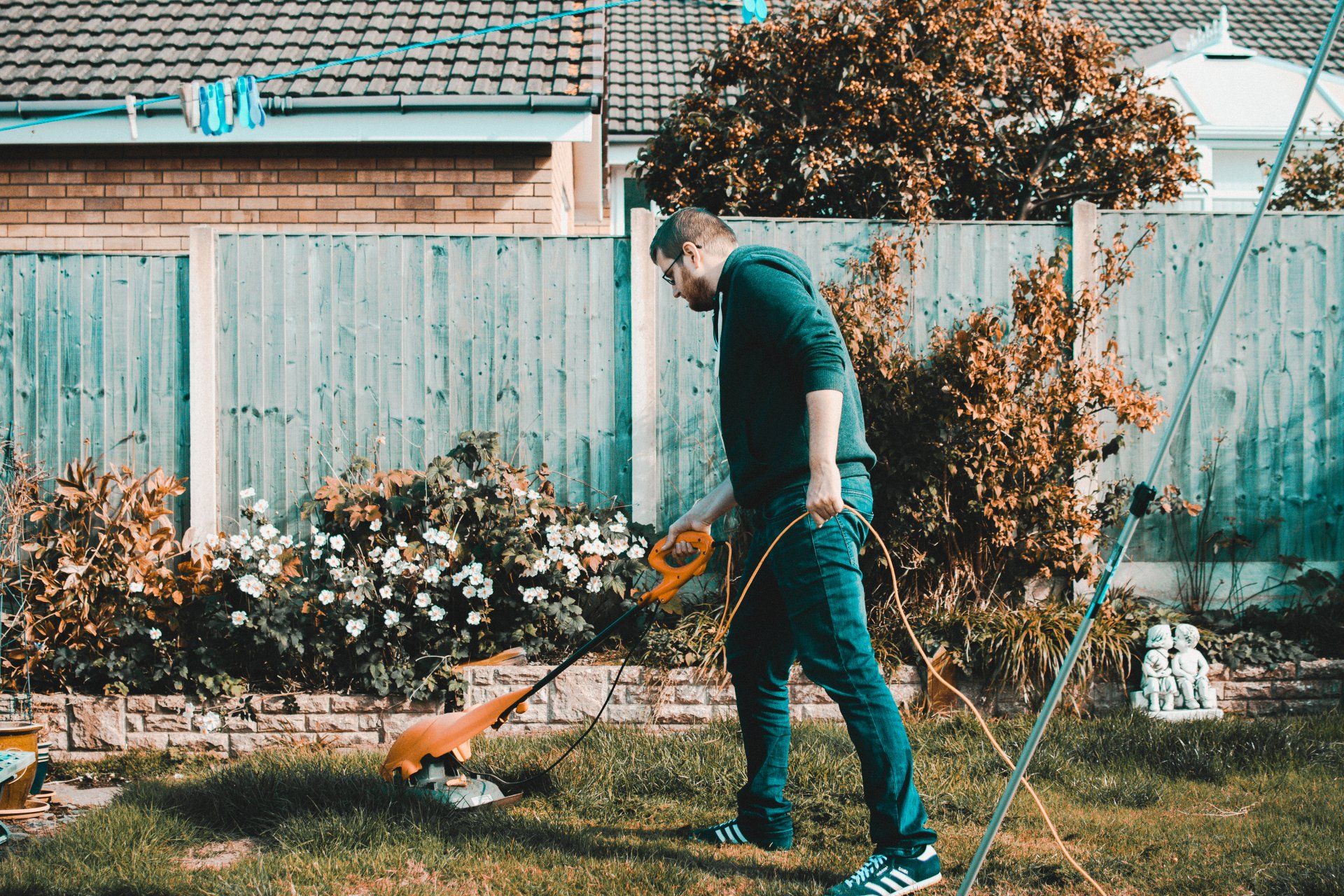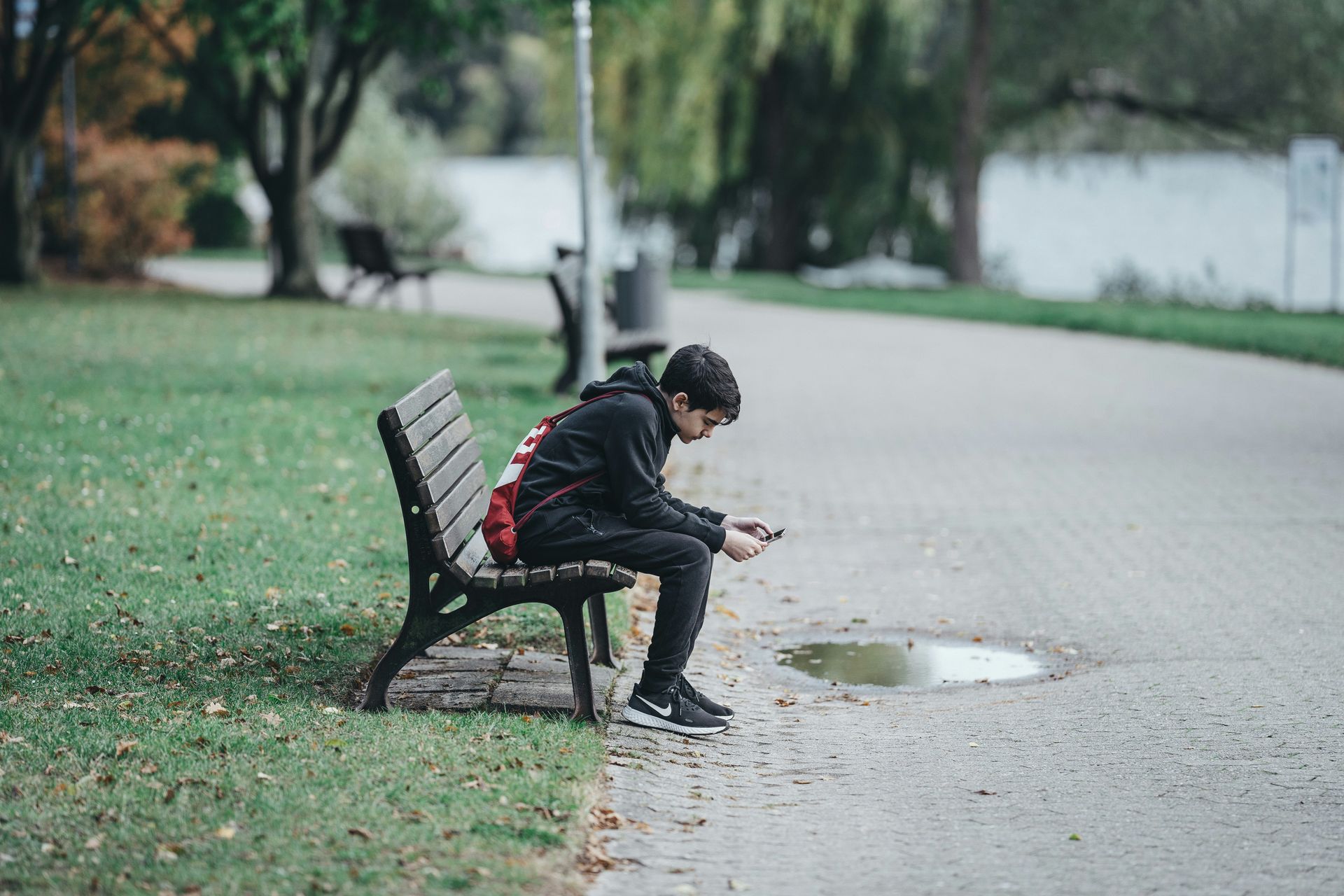Life Skills Build Confidence
Confidence is Built on Experience

Developing basic life skills plays a crucial role in building a young person's confidence. Studies show that skills like financial management, self-care, and independent living contribute significantly to a young adult's self-esteem and ability to navigate life effectively. For instance, managing finances, such as budgeting and paying bills, helps young people feel more in control and capable, leading to higher self-confidence and better academic outcomes (Frontiers) (Newport Institute).
Furthermore, engaging in activities that promote self-sufficiency, like cooking and household maintenance, can alleviate anxiety and foster a sense of accomplishment. These practical skills are essential for independent living and boost overall well-being (Newport Institute). Additionally, self-care practices, including regular exercise and maintaining a healthy lifestyle, improve mental health and reduce stress, which are vital for sustaining confidence (Newport Institute).
Confidence isn't just built at home; it's equally important for young people to learn life skills through extracurricular activities, school, clubs, jobs, internships, apprenticeships, and mentorship programs. These experiences provide real-world applications of skills, enhancing their self-efficacy and social skills. Research highlights that self-esteem and self-efficacy are strongly linked to better academic engagement and interpersonal relationships (Frontiers) (Psychology Today).
Encouraging your child to participate in diverse learning opportunities helps them build resilience and adaptability. Whether it's through school programs, community clubs, or working with life coaches and mentors, these experiences are invaluable. They not only equip young people with essential life skills but also build a strong foundation for their confidence and future success. So, make it a priority to provide your child with opportunities to learn and grow both at home and in various external environments.
To learn more about Alimental Life's Life Skillz Lab, book a free call now.











